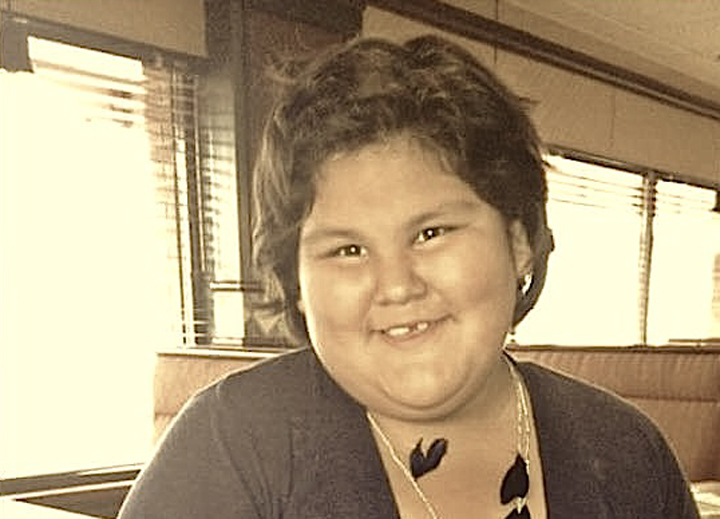TORONTO – The family of a teenager who killed herself in a remote Indigenous community on James Bay is calling for a coroner’s inquest into her death two years ago, which sparked a crisis that garnered international attention and political promises of change.

In a letter to the regional coroner in northwestern Ontario, Stephanie Hookimaw said relatives in Attawapiskat are still struggling to come to grips with what drove her daughter Sheridan Hookimaw, 13, to her self-inflicted death and what might be done to prevent further such suicides.
“It seems that nothing has changed in the community – it is business as usual,” Hookimaw wrote in a letter obtained by The Canadian Press. “The family and I think, however, that this death could have been prevented.”
The letter to Dr. Michael Wilson warns that other young people in Attawapiskat and in Indigenous communities elsewhere are suicidal. It also cites Health Institute statistics that First Nations girls kill themselves at an alarming rate – seven times higher than their non-aboriginal counterparts.
READ MORE: 1 year after suicide crisis, Attawapiskat still lacking mental health resources

Get daily National news
A coroner’s inquest, Hookimaw said, would help get at the systemic causes of the suicides.
“An inquiry could help prevent more deaths,” Hookimaw said. “Sheridan’s tragic death should not be in vain. We want to see changes in the institutions that are supposed to nourish, protect and care for our children.”
The family said it had not heard from Wilson to the letter sent two weeks ago, and he did not immediately respond to a request for comment.
Sheridan’s death in October 2015 sent shock waves through her community of about 2,100 and sparked a rash of suicide attempts and threats among her peers. The community’s declaration of a state of emergency over the issue in April 2016 led to an influx of politicians promising more mental health and other resources for the strapped town.
READ MORE: Attawapiskat chief: Trudeau government ‘is listening,’ but new funding isn’t enough
A similar tragic cycle has played out time and again in other remote Indigenous communities.
One politician who visited Attawapiskat at the time, New Democrat MP Charlie Angus, said Sheridan’s family has asked him to help get an inquest.
“There is ample scientific evidence of the need to establish intervention protocols in the wake of a youth suicide to prevent the appearance of ‘echo’ clusters among affected peers,” said Angus, a long-time activist on behalf of his Indigenous constituents.
At the same time, he said, the federal government has failed to put in place the “most basic resources” to prevent these clusters.
READ MORE: New Attawapiskat school closed more than a month after sprinkler system flooded building
Sheridan’s family knows she was bullied, was a sickly girl with asthma and diabetes that required leaving Attawapiskat for treatment, and had no hope for the future. The issue now, they say, is that other youths in the community are dealing with similar problems and also seem to have lost hope.
Jackie Hookimaw Witt, Sheridan’s aunt, said she knows similar inquests have been held in the past but said that shouldn’t be a deterrent to holding another one – a way to draw attention to the wider issues of poverty and lack of resources plaguing her community and others like it.
“We have to use the official system that’s there to keep telling our stories, our pain,” Hookimaw Witt said in an interview from Attawapiskat. “We have to keep telling our stories and make people understand what we’re going through.”







Comments